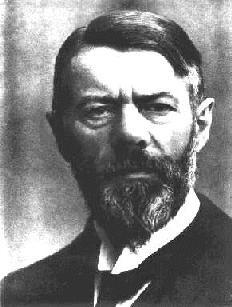
|

Weber focuses on the uniqueness of Western Civilization.
His best-known work. It argues that modern rational capitalism originated in the ethos of ascetic Protestantism. He unveils the paradoxical outcome that the Protestant ethic of vocational and methodical conduct of life unintentionally gave birth the spirit of capitalism.
Weber describes the traveling impression of the United States, and sees its social foundation in the Protestant sects.
Comparative outline of economic ethics of five world religions.
It deals with sociological foundations and dynamic of Confucianism and Taoism though Chinese history. He contrasts Confucian rational ethos of world-accommodation with Puritan's rational ethos of world-reformation.
Genuine salvation religion rejects and confronts to the value of the world. Weber awakens unavoidable tention between religious value and worldly activities.
This book centers to the intellectual theodicy of Hinduism and Buddhism in relation to the religiosity of state and mass.
Weber focuses on the god of covenant, the rational prophecy and the pariah (guest people) religiosity of Judaism. He unveils an origin of the disenchantment of the world in rationalism of the Israel prophecy supported by the Torah education.
It is Weber's monumental yet uncompleted life work.
"Max Weber's discussion [on ethnicity and nationalism] remains among the most penetrating we have." (David Little)
This is the fundamental text for systematic and empathic understanding of religion. "This book is the most crucial contribution of our century to the comparative and evolutionary understanding of the relations between religion and society, and even of society and culture generally" (Tarcott Parsons).
This discusses the essential concepts of Weber's sociology: "ideal type," "empathic understanding," "imaginary experiment," "value-free analysis," and "objectivity of sociological understanding"